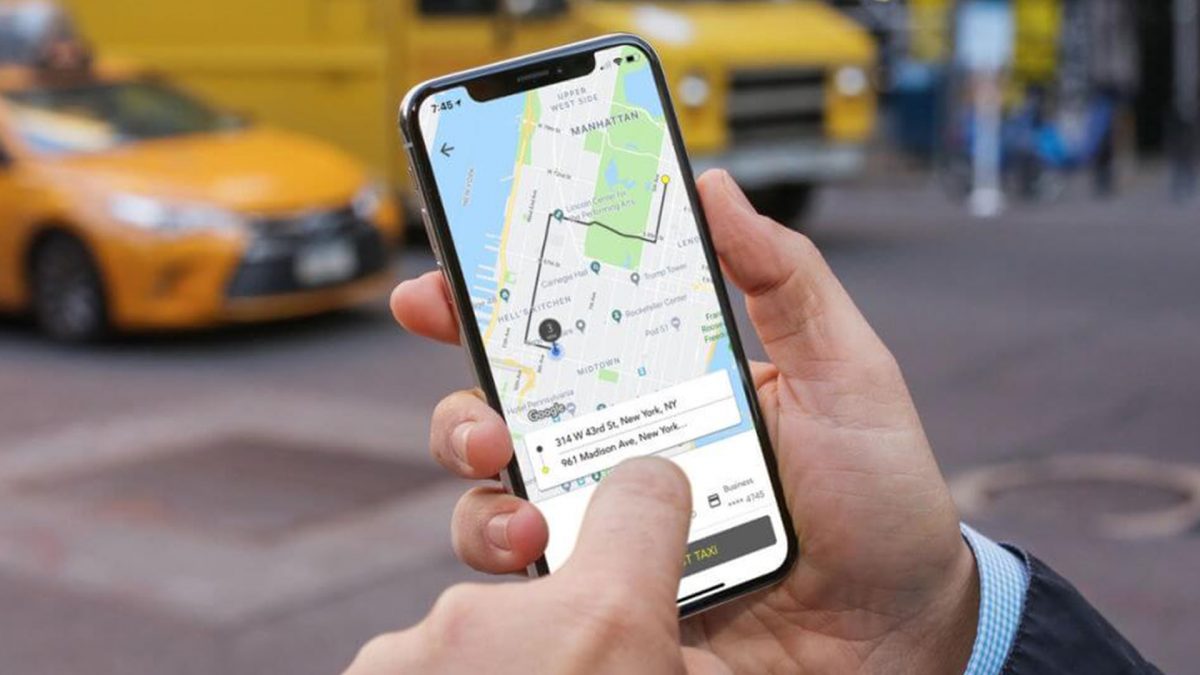Uber is making another bold move in the autonomous driving space. The ride-hailing giant announced Tuesday (May 6) that it’s partnering with China-based Pony.ai to bring the startup’s robotaxis to its platform, beginning with a pilot rollout in a key West Asian market later this year.
The tie-up marks Uber’s latest step to scale its robotaxi ambitions globally, as it eyes future markets beyond the US. During the initial phase, Pony.ai’s vehicles will operate with a human safety driver behind the wheel. Full driverless deployment is expected to follow, pending regulatory approval and successful testing.
The move comes as Uber aggressively builds out its autonomous tech stack through strategic partnerships. Just last week, the company inked deals with May Mobility and Momenta and expanded its collaboration with China’s WeRide to enter 15 additional cities worldwide.
Uber also has an ongoing relationship with Alphabet’s Waymo, which has seen steady progress in US cities like Phoenix.
Pony.ai, which went public on the Nasdaq in November, saw its stock surge nearly 13 per cent in premarket trading on the news. Meanwhile, Uber shares dipped slightly.
Founded in 2016 and backed by Toyota, Pony.ai is one of China’s most well-capitalised autonomous vehicle startups. It holds robotaxi licenses in major Chinese cities including Beijing, Shanghai, Guangzhou, and Shenzhen, and has plans to expand into South Korea, Luxembourg, the Middle East, and potentially Hong Kong.
The Uber-Pony.ai partnership underscores growing momentum in the global robotaxi race, even as challenges remain. Engineering hurdles, patchy regulation, and safety scrutiny continue to slow widespread adoption. Still, the US government has been easing certain requirements to accelerate the rollout of autonomous vehicles, granting more exemptions while maintaining incident reporting mandates.
As Uber’s robotaxi network begins to take shape through a patchwork of tech alliances, the company is betting that its global scale and flexible approach can give it an edge over rivals like Tesla and Lyft in the long road to autonomy.


)
)
)
)
)
)
)
)
)